Preparedness and Surveillance
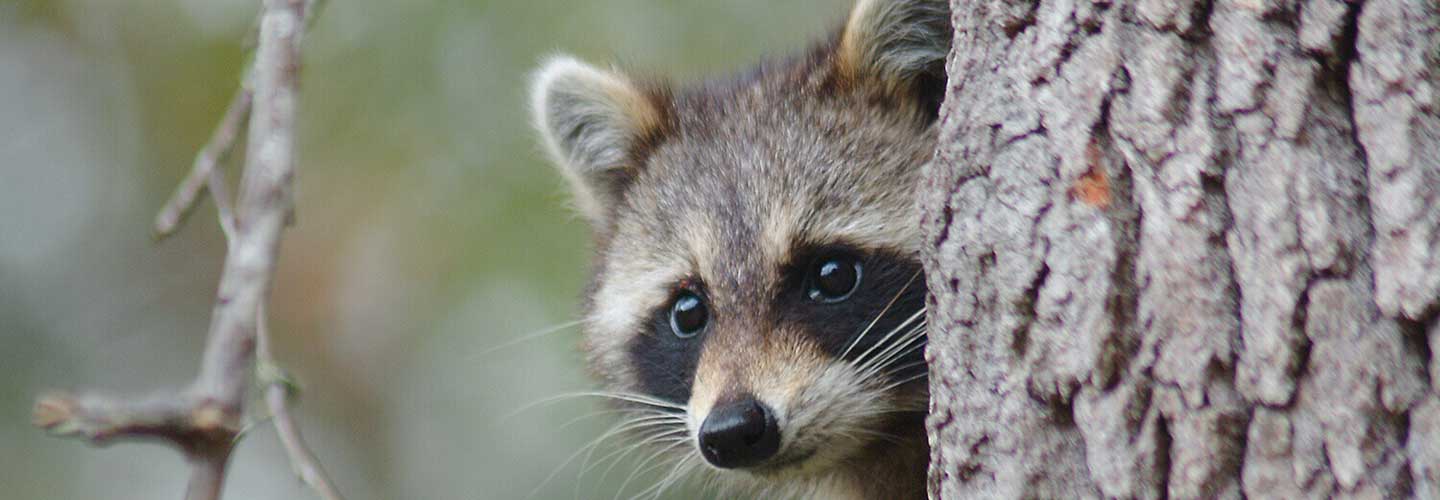
The Wildlife Futures Program aims to be the resource for wildlife health surveillance and diagnostic expertise for the Pennsylvania Game Commission and other partners.
Through our partnership with the Pennsylvania Game Commission, we have been able to expand diagnostic capacities and capabilities for wildlife submissions, provide additional case management, assist in the fulfillment of wildlife management goals, and much more.
In addition to disease surveillance and diagnostic services, we also provide field support to the Pennsylvania Game Commission. Our team of Wildlife Health Technicians are stationed in each of Pennsylvania Game Commission’s six regions across Pennsylvania to quickly respond to emerging wildlife health incidents.
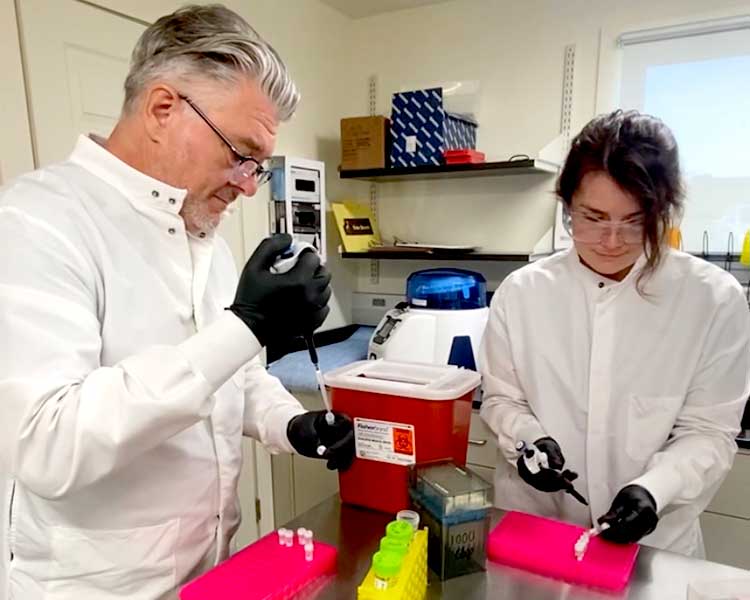
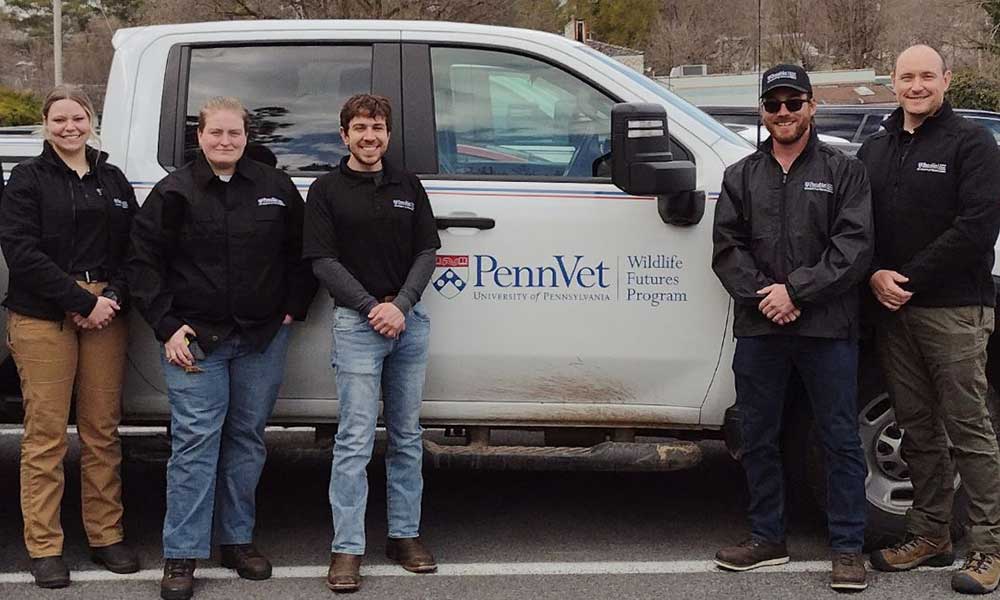
Boots on the Ground: Wildlife Health Technicians
Our dedicated team of Wildlife Health Technicians (WHTs) work in the field with a “finger on the pulse” of wildlife health. This network of field-based staff, supervised by a wildlife veterinarian, conducts wildlife health surveillance in coordination with Pennsylvania Game Commission personnel, and responds to wildlife health reports from concerned citizens across the Commonwealth.
Shared Wildlife Health Information System
The Shared Wildlife Health Information System (SWHIS) is a flexible online database tool designed to facilitate managing, analyzing, and sharing wildlife health data. It is designed to provide state wildlife agencies, research institutes, and NGOs the ability to record and manage their data, including that from wildlife health events, active and passive surveillance, research, or general observations. The SWHIS also provides a user-friendly dashboard to help filter data and visualize records, empowering organizations to make data-driven decisions.
The Wildlife Futures Program developed the SWHIS in collaboration with the Timmons Group. For more information, visit the Shared Wildlife Health Information System’s website.
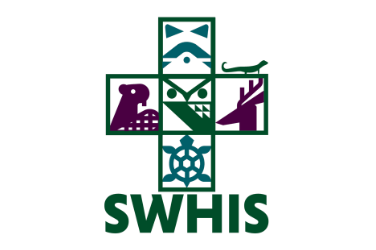
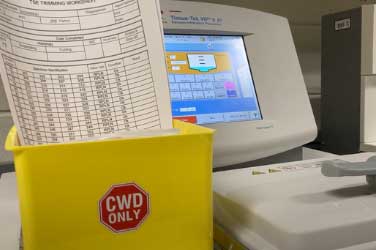
Chronic Wasting Disease Diagnostics
The Wildlife Futures Program performs critical testing of Pennsylvania wild deer and elk for chronic wasting disease (CWD). Testing is performed using both the Enzyme-Linked Immunosorbent Assay test (ELISA) and immunohistochemistry (IHC). Of the thousands of samples received each year, most are processed and tested during hunting season.
Highly-pathogenic Avian Influenza
Highly-pathogenic avian influenza virus (HPAI) is highly infectious and often causes fatal disease in domestic and wild birds. Since early 2022, Wildlife Futures has been screening every wild bird it handles for the presence of this virus. Whether responding to a report of dead birds or deploying transmitters on wild turkeys to understand their ecology, our team collects swabs from these birds to test for HPAI.
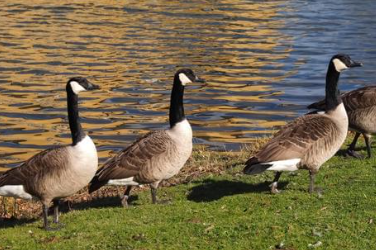
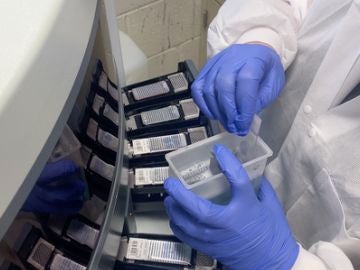
Pathology, Molecular, and Toxicology Diagnostic Services
The Wildlife Futures team is comprised of a diverse cadre of individuals and laboratories that can provide expert assessments of wildlife health concerns across the state. We provide consultations for suspect cases of animal poisonings, emerging diseases, and unexpected or unexplained causes of death in wildlife.
Many of our diagnostics capabilities are thanks to our close partnership with the Pennsylvania Animal Diagnostic Laboratory System (PADLS). For more information about PADLS and their services, visit the PADLS website.
Wildlife Futures
382 West Street Road
Kennett Square, PA 19348
